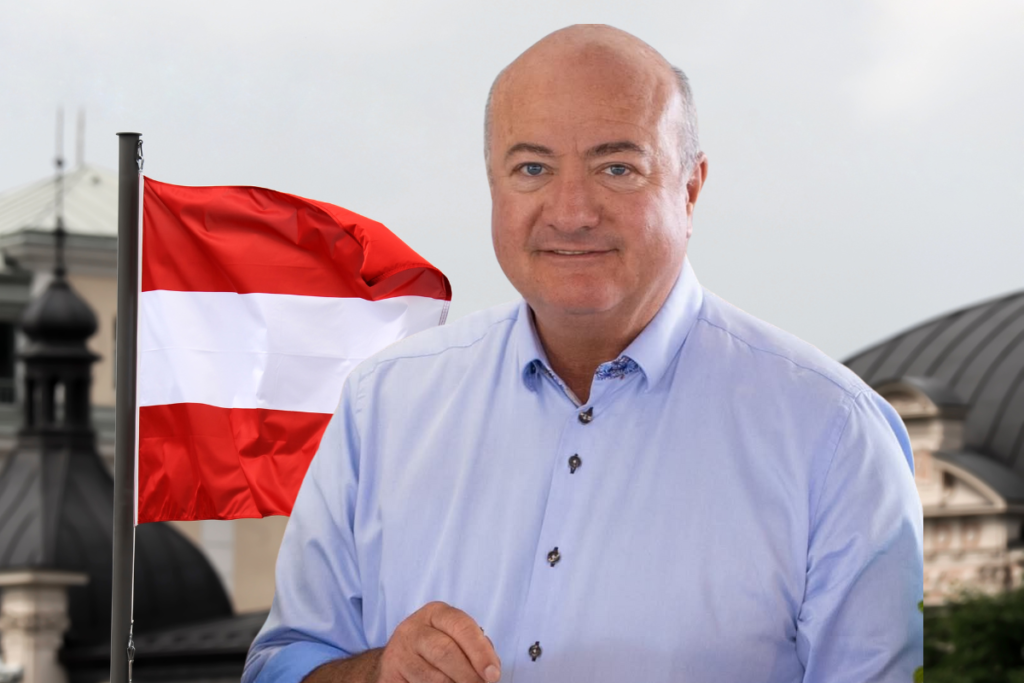Yoon Suk-yeol on January 23, alleging corruption and abuse of power during his time in office. The move intensifies scrutiny on Yoon’s administration, marking a dramatic turn in South Korea’s political landscape.
Prosecutors accuse Yoon of accepting bribes and misusing his authority to protect allies and suppress rivals. Yoon, who was arrested last month, has denied the charges, claiming they are politically motivated.
The investigation has unveiled a complex web of financial dealings and influence peddling, with links to major corporations and high-ranking officials. The case has reignited debates about accountability and corruption in South Korea’s political elite, with public opinion divided over whether Yoon’s indictment reflects genuine justice or partisan retaliation.
Similar scandals have plagued South Korea’s political history, with multiple former presidents facing legal troubles after leaving office.
As South Korea grapples with the implications of Yoon’s potential indictment, the case serves as a reminder of the challenges in ensuring transparency and accountability at the highest levels of power.



